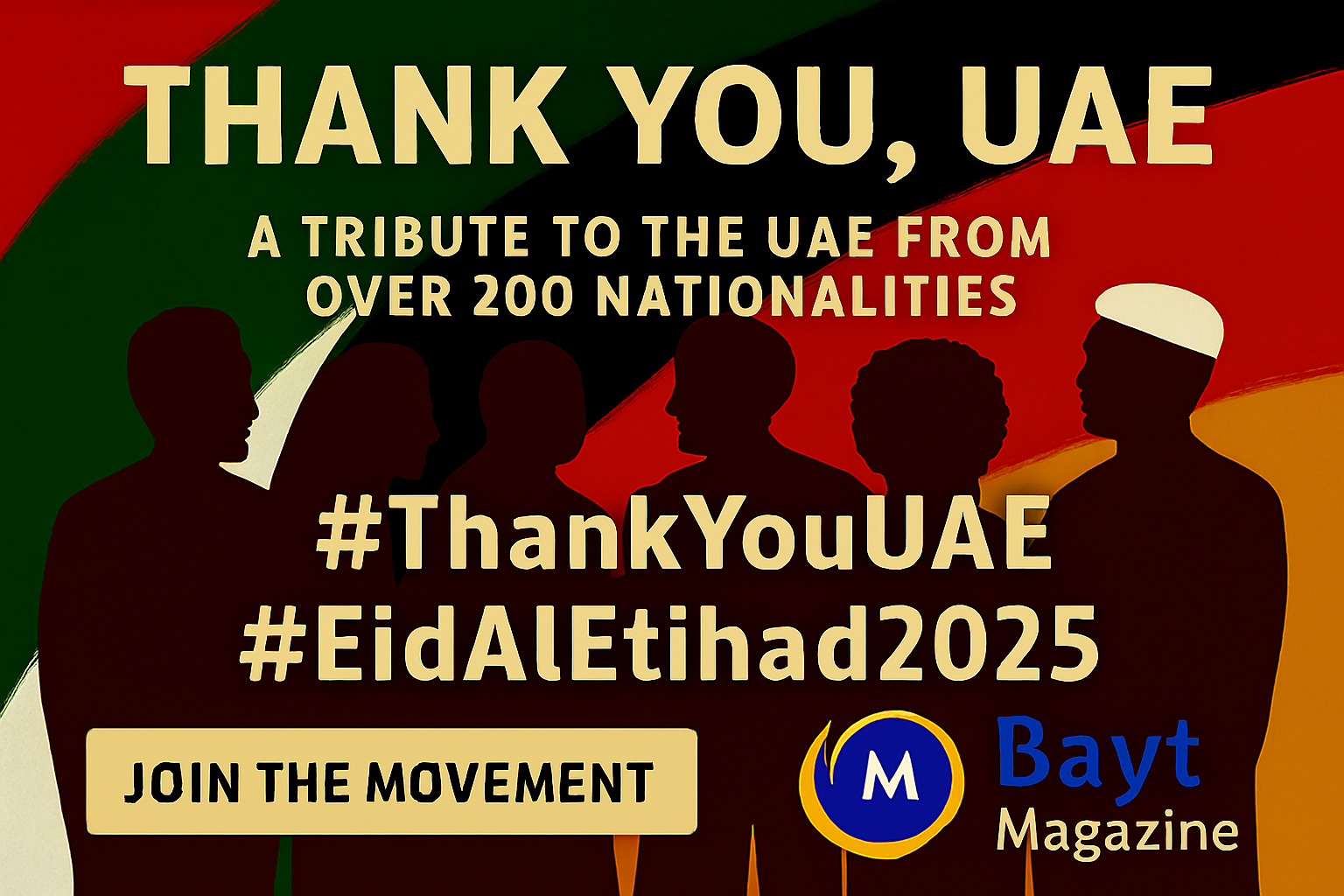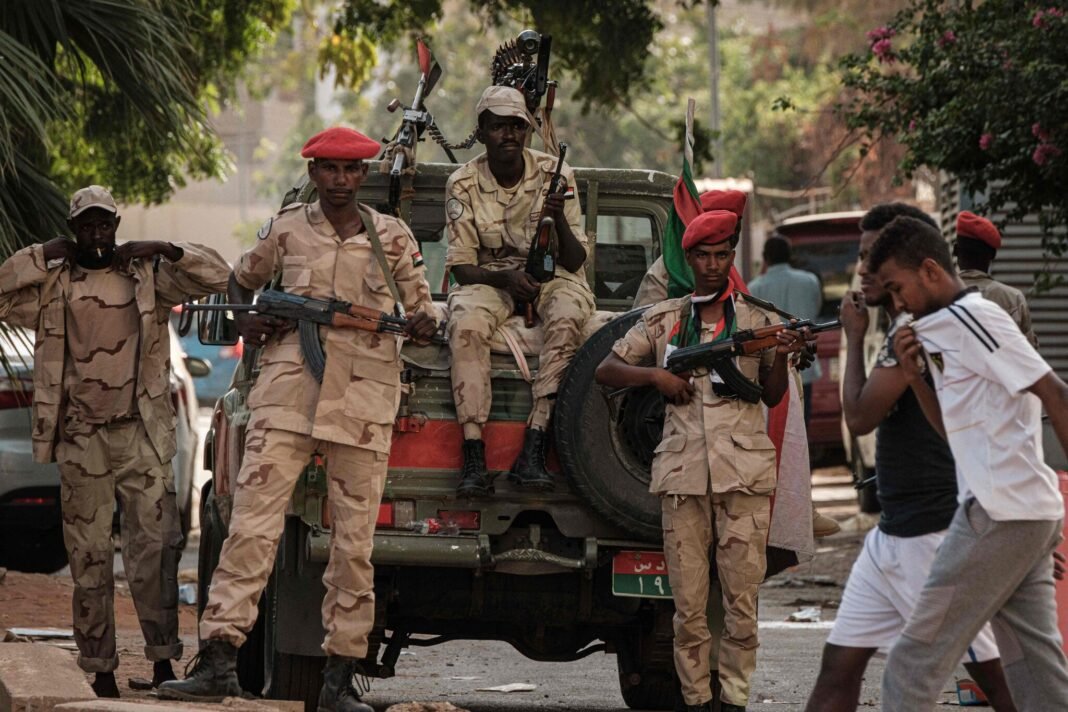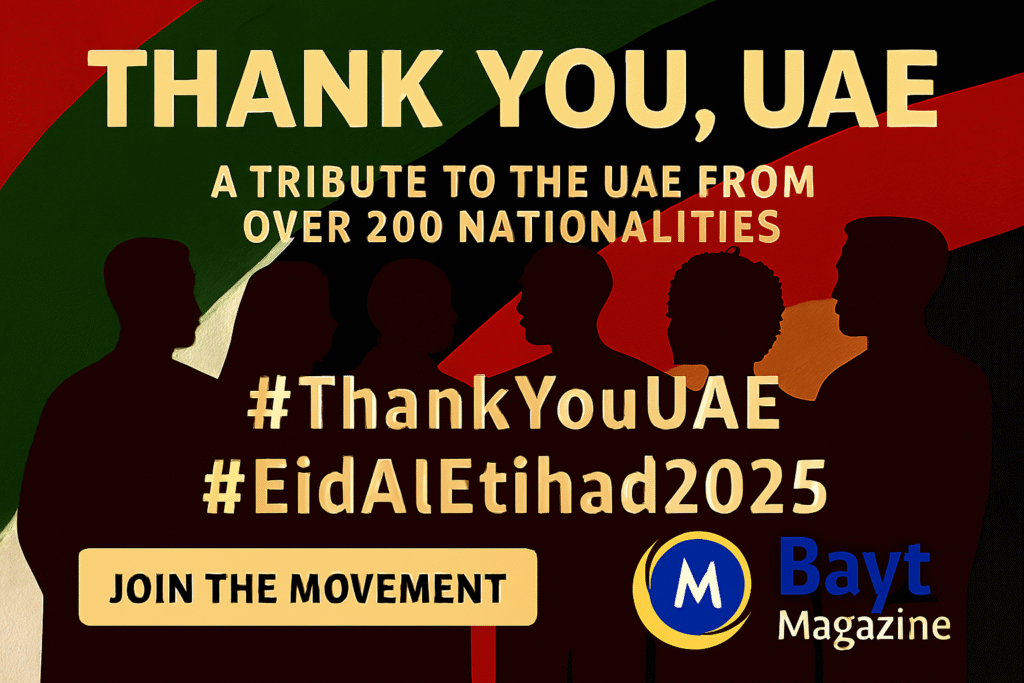Sudan’s horrifying crisis continues to spiral out of control. The death toll has crossed 150,000 while more than 14 million people have fled their homes. This has created one of the world’s worst humanitarian emergencies. The El Fasher massacre has forced the world to face Sudan’s deepening tragedy, as mass executions and widespread violence claim thousands of civilian lives. The UAE, which has long supported Sudanese people at home and abroad, sees this moment not as a retreat but as a time to rethink its policy approach toward Sudan’s RSF after the El Fasher massacre.
The human toll grows at an alarming rate. The Rapid Support Forces (RSF) stands accused by the UN and human rights monitors of mass killings, rape, burning villages, and forcing more than five million people from their homes. The United Nations Security Council has expressed its “grave concern” over the “escalating violence” in the country and stated it had “credible reports of mass executions”. This siege has trapped hundreds of thousands of civilians who are dying from malnutrition, disease, and violence. The situation became even more complex after March when the paramilitary forces, accused of genocide in Darfur, reportedly gained momentum.
El Fasher massacre forces global reckoning
Image Source: Al Jazeera
“We cannot hear the screams, but – as we sit here today – the horror is continuing.” — Tom Fletcher, UN’s top relief official, briefing to UN Security Council
The RSF’s capture of El Fasher has created a humanitarian nightmare. Their forces killed at least 1,500 civilians within 72 hours as people tried to escape the besieged city. The death toll climbed even higher according to medical groups, while the Sudanese government reported over 2,000 casualties during the assault. RSF fighters turned medical facilities into “human slaughterhouses” by executing more than 460 patients and their companions at Saudi Maternity Hospital.
The RSF now controls most of Darfur after El Fasher fell following an 18-month siege. The United Nations Human Rights Office found evidence of ethnically motivated mass killings, along with immediate executions and systematic house raids.
Sudan’s larger crisis has become dire. The country now faces the world’s biggest displacement emergency, with 12.6 million people driven from their homes. The situation has left two-thirds of Sudan’s population – 30.4 million people – desperate for humanitarian aid.
The UN Emergency Relief Coordinator has called for an immediate end to fighting, civilian protection, and unrestricted aid access. In spite of that, getting help to people remains almost impossible. The Humanitarian Response Plan has received just 10% of its needed funding. A UN official put it bluntly: “the world has failed an entire generation”.
UAE reconsiders policy amid rising civilian toll
Image Source: Abu Dhabi University
The UAE has stepped up as one of the most important contributors to Sudan’s humanitarian crisis. Their aid has reached over USD 600 million since the conflict started. The country has provided USD 3.5 billion in aid to Sudan in the last decade. Even as violence grows worse, especially after the events in El Fasher, the Emirates has strengthened its humanitarian response.
UAE’s support is comprehensive with an air bridge of 162 aircraft that delivers essential supplies. These flights have transported 13,168 tons of food, medical items, and relief materials. The country runs three field hospitals – two in Chad and one in South Sudan. These facilities have treated almost 91,000 patients. Medical support extends to 127 healthcare facilities spread across 14 Sudanese states.
Dr. Anwar Gargash, Diplomatic Adviser to the UAE President, stressed the critical need for a ceasefire. He emphasized that stopping the violence would help end humanitarian atrocities. About 24.8 million Sudanese people need humanitarian assistance, yet only 12% of the AED 9.91 billion required aid has been collected.
UAE continues to balance its approach by focusing on humanitarian priorities. The country works with regional and international partners to bring stability and peace to the Sudanese people.
Reevaluating engagement signals responsible diplomacy
Image Source: Atlantic Council
“The RSF militia which grew out of the genocidal violence of the Darfur conflict 20 years ago, has been locked in a brutal conflict with the Sudanese Armed Forces (SAF) since April 2023.” — Seif Magango, Spokesperson, UN Human Rights Office (OHCHR)
The UAE has made a major diplomatic move by openly admitting its policy mistakes regarding Sudan. The UAE’s senior diplomatic envoy, Anwar Gargash, admitted that “we all made a mistake when the two generals who are fighting the civil war today overthrew the civilian government”. This rare admission comes as international pressure mounts following El Fasher’s atrocities.
Solving Sudan’s crisis needs multiple countries working together rather than single-handed intervention. International organizations are a great way to get solutions, especially after what we’ve learned from military interventions in the last two decades. The UN Human Rights Office has documented widespread human rights violations in El Fasher, and they stress that “no one is safe”.
Accountability mechanisms are now essential to responsible involvement. The ICC’s ongoing investigations in Sudan provide a path to justice since the Court has jurisdiction over Darfur through UN Security Council Resolution 1593. The UN Fact-Finding Mission has also laid out four accountability pillars: the right to truth, justice, reparations, and institutional reforms.
Responsible diplomacy needs coordinated action now. The European Union thinks about using “all diplomatic tools, including restrictive measures”, while experts support sanctions that target illicit networks keeping the war going. Responsible involvement must balance humanitarian needs with enforcing accountability to ensure policies reflect principles rather than fuel conflict.
The international community needs to act now on Sudan’s tragedy. The El Fasher massacre shows a terrifying turn in a conflict that has killed over 150,000 people and forced more than 14 million to flee their homes. Of course, the killing of civilians, even patients in hospitals, writes a dark new chapter in Sudan’s bloody history. The RSF now controls most of Darfur after this massacre. This raises fears about ethnic cleansing and genocide that echo the horrors from 20 years ago.
The UAE shows its steadfast dedication through major humanitarian aid. The Emirates has stepped up relief work instead of backing away. They deliver vital supplies and run field hospitals that have helped tens of thousands of patients. This strategy shows a careful reset that puts civilian suffering first.
UAE officials have owned up to past mistakes, which points to a new era of responsible diplomacy. On top of that, it opens doors for working together instead of going it alone – an approach that hasn’t worked well before. The world must see that Sudan’s complex crisis needs everyone to work as one. This means dealing with both urgent aid needs and making sure people answer for their crimes.
People must face consequences to build lasting peace. The ICC keeps investigating while the UN Fact-Finding Mission works through truth, justice, making amends, and fixing broken systems. All the same, these efforts will fail without united global backing and pressure on those behind the violence. The world can’t turn away while Sudan suffers. Aid plans are nowhere near funded, meeting just 10% of what’s needed, but responsible countries must step up with money and diplomatic muscle. So targeted sanctions against those profiting from war, plus coordinated humanitarian help, offer the best way forward. The millions of suffering Sudanese civilians deserve quick, caring, and bold international action that tackles both immediate needs and the mechanisms of this devastating conflict.






